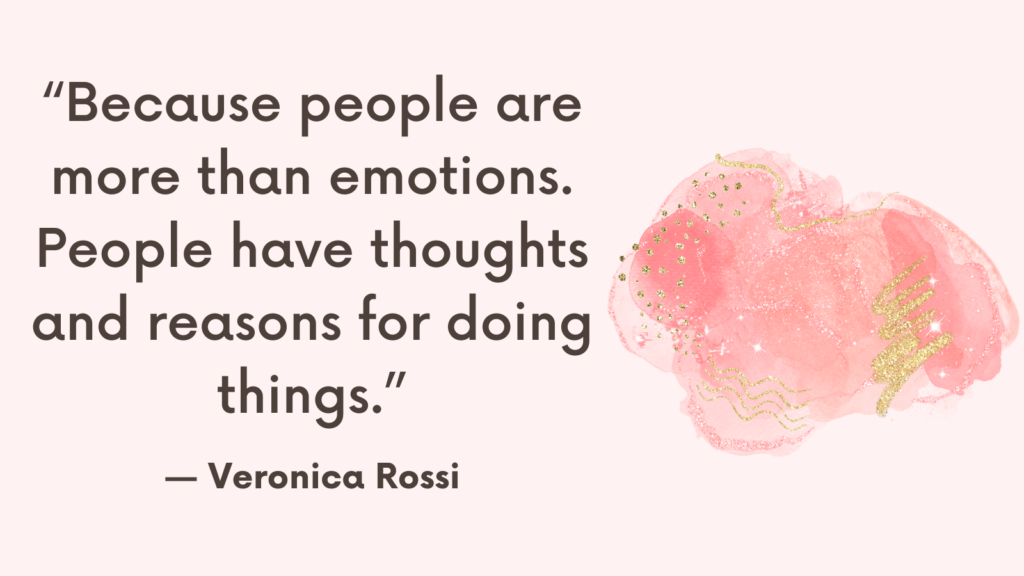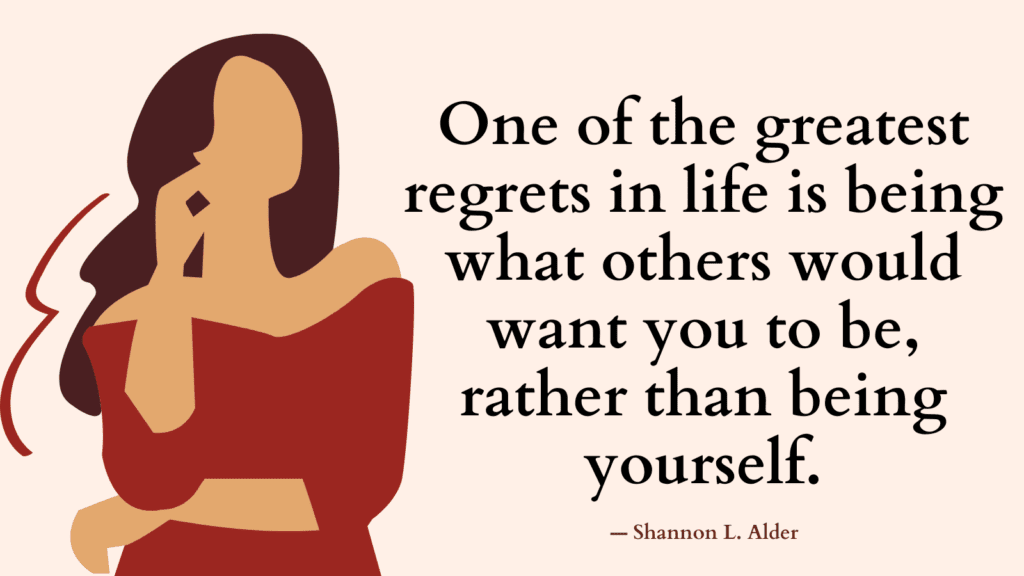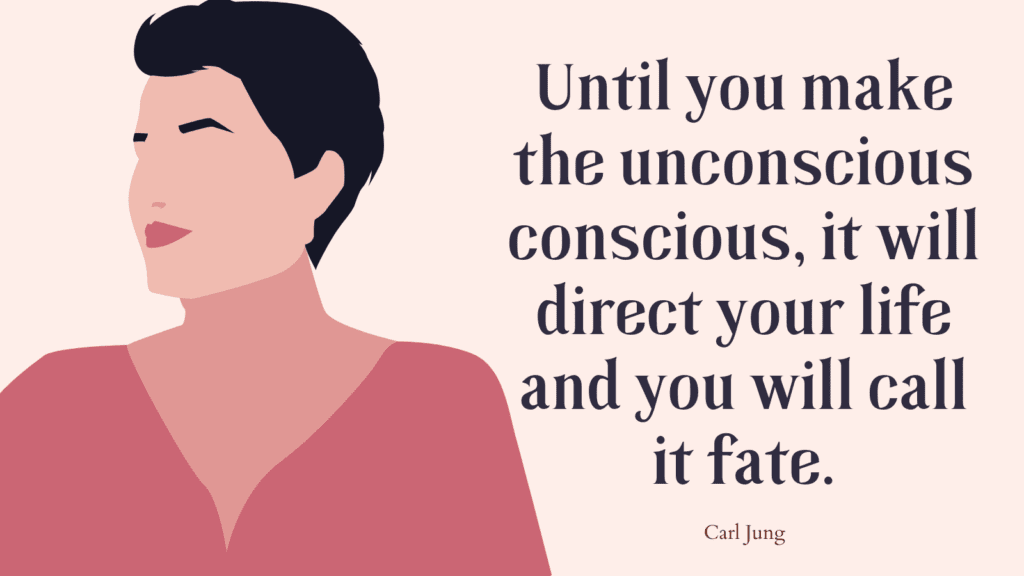Certain syndromes have been named after world cities, reflecting unique phenomena or clusters of symptoms identified in these locations.
These syndromes often reveal intriguing intersections between geography, culture, and health.
Let’s explore some of these fascinating medical conditions and the stories behind their names.
10 Syndromes Named After World Cities
1. Paris Syndrome
Paris Syndrome primarily affects tourists, especially those from Japan, who visit Paris.
It’s characterized by extreme disappointment when the city fails to meet their romanticized expectations.
The syndrome was first identified by a Japanese psychiatrist working in France.
It’s believed to be triggered by a combination of cultural differences, language barriers, and the stark contrast between the idealized image of Paris in Japanese media and the reality of a bustling metropolis.
Symptoms:
- Anxiety
- Dizziness
- Hallucinations
- Sweating
- Feelings of persecution
2. Jerusalem Syndrome
Jerusalem Syndrome involves religiously themed obsessive ideas, delusions, or other psychoses that are triggered by a visit to Jerusalem.
Jerusalem Syndrome can affect individuals of various religious backgrounds.
The city’s profound religious significance and historical weight can overwhelm some visitors, leading to a temporary psychotic state.
Symptoms:
- Intense religious excitement
- Belief in possessing a messianic mission
- Quoting biblical verses
- Dressing in a white toga-like gown
Related: How to Use Atomic Habits for Mental Health?
3. Stockholm Syndrome
Stockholm Syndrome is a psychological response where hostages develop positive feelings toward their captors, sometimes to the point of defending them.
The term originated from a bank robbery in Stockholm, Sweden, in 1973, where hostages defended their captors even after being released.
Psychiatrists noted that the hostages had developed a psychological alliance with their captors as a survival strategy during the captivity.
Symptoms:
- Emotional bonding with the captor
- Sympathy and empathy toward the captor
- Distrust of authorities
- Refusal to escape
4. Lima Syndrome
Lima Syndrome is the opposite of Stockholm Syndrome, where abductors develop sympathy for their hostages.
The syndrome is named after a hostage crisis in Lima, Peru, in 1996, where members of a militant group took hundreds of people hostage.
Over time, the captors showed leniency and empathy towards their captives, leading to improved treatment and eventual release of many hostages.
Symptoms:
- Feelings of empathy towards the hostages
- Providing better conditions for the hostages
- In some cases, releasing the hostages
Related: Why You Can’t Pour From An Empty Cup? 8 Reasons
5. Florence Syndrome (Stendhal Syndrome)
Florence Syndrome, also known as Stendhal Syndrome, is a psychosomatic condition involving rapid heartbeat, dizziness, fainting, confusion, and even hallucinations when an individual is exposed to an overwhelming amount of art in a short period.
The syndrome is named after the 19th-century French author Stendhal, who described his experience of profound emotional disturbance during his visit to Florence, Italy.
Visitors to Florence’s museums and churches, filled with Renaissance masterpieces, sometimes experience similar overwhelming sensations.
Symptoms:
- Rapid heartbeat
- Fainting
- Dizziness
- Confusion
- Hallucinations
6. Manhattan Syndrome
Manhattan Syndrome is a term used to describe the stress and anxiety experienced by individuals living in or moving to large metropolitan areas, particularly New York City.
The high-pressure environment, fast pace of life, and constant noise can be overwhelming for some people.
Symptoms:
- Anxiety
- Stress
- Sleep disturbances
- Fatigue
- Irritability
Related: Best 5 Stockholm Syndrome & Trauma Bonding Books
7. London Syndrome
London Syndrome is a psychological phenomenon in which hostages refuse to cooperate with their captors, often leading to increased danger for themselves.
This condition contrasts with the more commonly known Stockholm Syndrome, where hostages develop sympathy or loyalty towards their captors.
The term originated from the behavior observed during a particular hostage situation in London, where the hostages’ defiance and refusal to comply exacerbated the tension and danger of the situation.
Symptoms:
- Defiance
- Refusal to cooperate
- Increased tension and danger in hostage situations
8. Venice Syndrome
Venice Syndrome is a term used to describe the anxiety and stress experienced by tourists when faced with the crowds, noise, and disorientation in heavily touristed cities like Venice.
This condition can result from the overwhelming influx of tourists, leading to feelings of discomfort and unease.
The syndrome highlights the psychological impact of mass tourism on individuals, who may feel lost, anxious, or overwhelmed by the chaotic environment.
Symptoms:
- Anxiety
- Stress
- Disorientation
- Discomfort due to crowds and noise
Related: Top 5 Self Love Exercises (+FREE Self-Love Resources)
9. Amsterdam Syndrome
Amsterdam Syndrome refers to the emotional and psychological effects experienced by individuals exposed to the liberal and open atmosphere of Amsterdam.
The city’s permissive attitude towards activities such as drug use and prostitution can lead to feelings of excitement, confusion, or even moral conflict in some visitors.
The syndrome highlights the potential cultural shock and internal conflict that can arise from encountering drastically different social norms and behaviors.
Symptoms:
- Excitement
- Confusion
- Moral conflict
- Cultural shock
10. Brooklyn Syndrome
Brooklyn Syndrome was coined during World War II by Navy psychiatrists who observed certain behavioral characteristics and patterns in a segment of men recruited into military service.
Initially believed to be a form of psychopathology, these traits were eventually recognized as being related to the places of origin of the men involved, particularly cities like Brooklyn.
The syndrome is characterized by men who, due to specific cultural circumstances, naturally gravitate towards being overly argumentative or personally combative.
This behavior was seen frequently enough that it was linked to the cultural environment of their upbringing rather than individual psychopathology.
Symptoms:
- Argumentative behavior
- Personal combativeness
- Tendency towards confrontational interactions
Related: Top 7 Signs You Hate Yourself (+FREE Worksheets)

Conclusion
Syndromes named after world cities provide fascinating insights into the complex interplay between geography, culture, and health.
They remind us that our environment, both physical and cultural, can have profound effects on our psychological and physical well-being.



